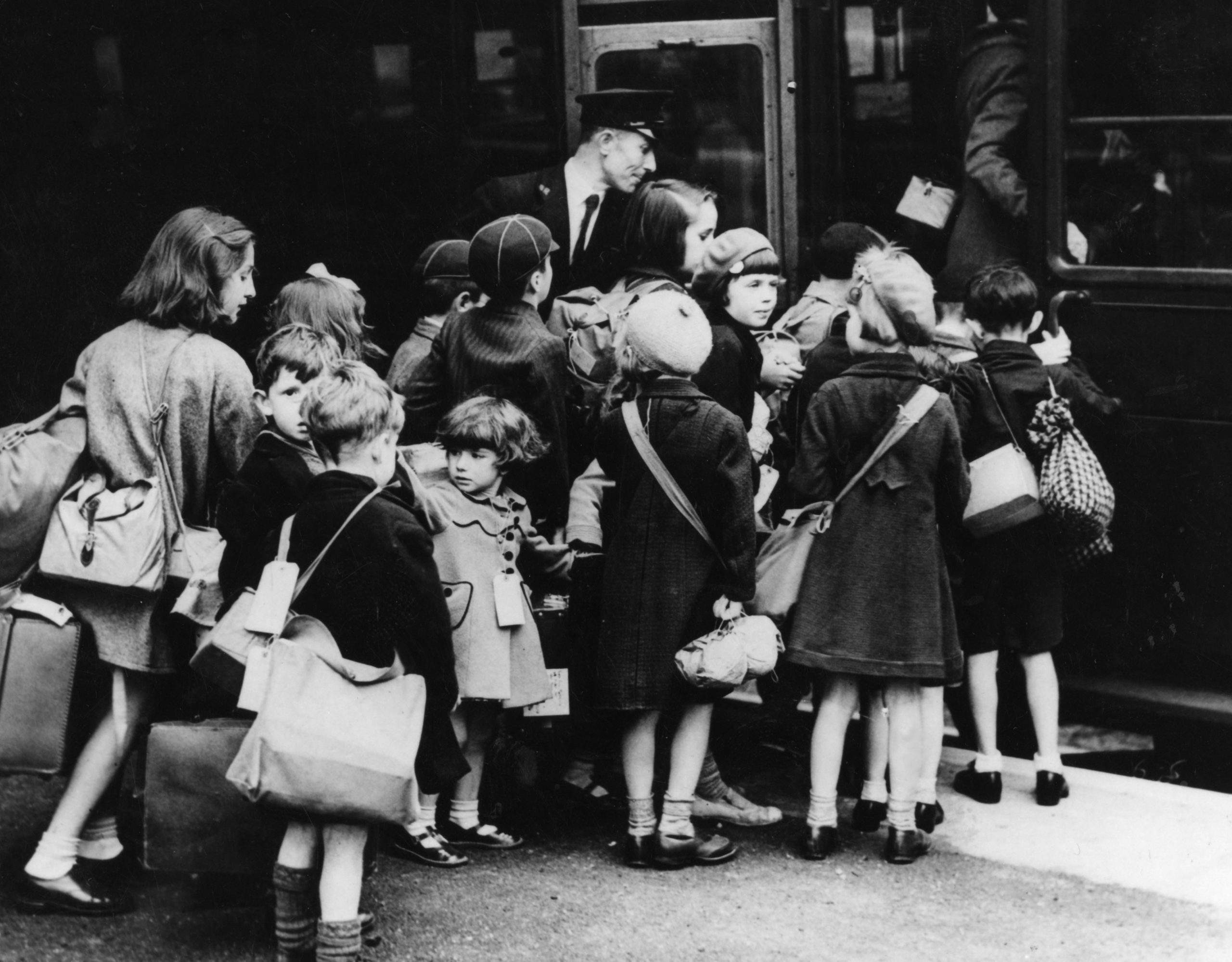
The mass movement of civilian populations was one of the defining features of the wars of the twentieth century, chiefly because air power had become an indispensable tool for waging war. In 1917 at the height of the First World War London experienced the first taste of aerial bombing from German Gotha bombers. Seven years later, in 1924 the Air Raid Precaution Committee was established and proposed the idea of mass civilian evacuation.
The administrations of Ramsay MacDonald, Stanley Baldwin and Neville Chamberlain all took the threat of bombing seriously, especially as its deadly effectiveness was demonstrated by fascist powers in Abyssinia, Spain and China from 1935 to 1937.
Your organisation does not have access to this article.
Sign up today to give your students the edge they need to achieve their best grades with subject expertise
Subscribe




